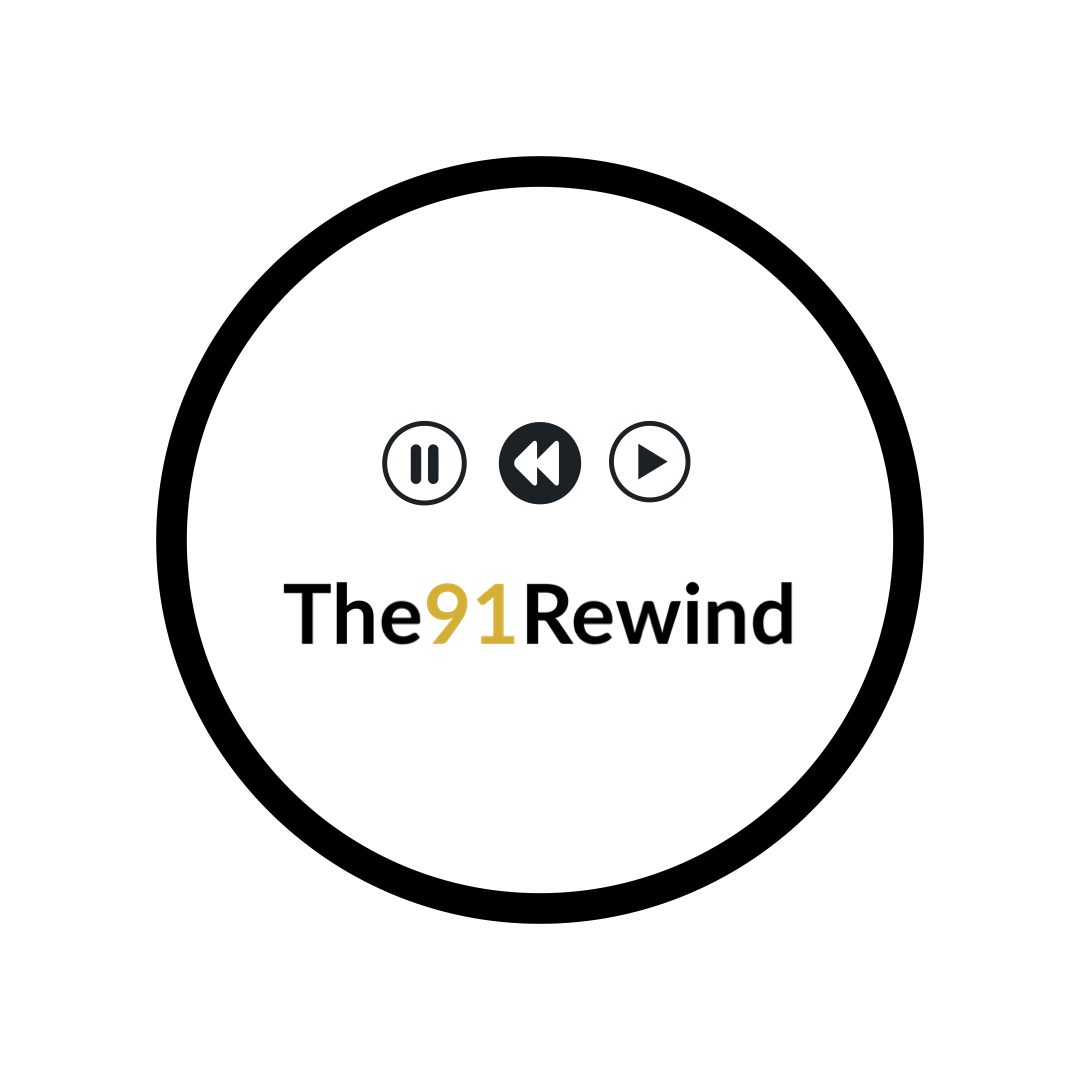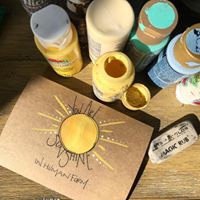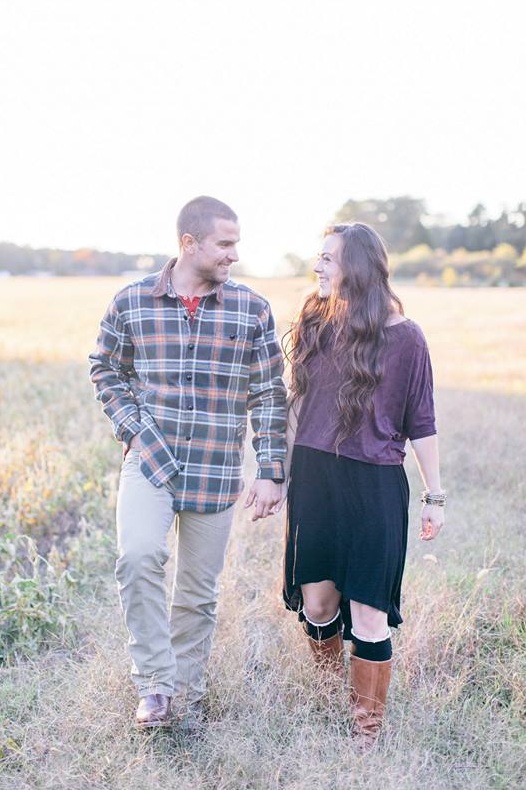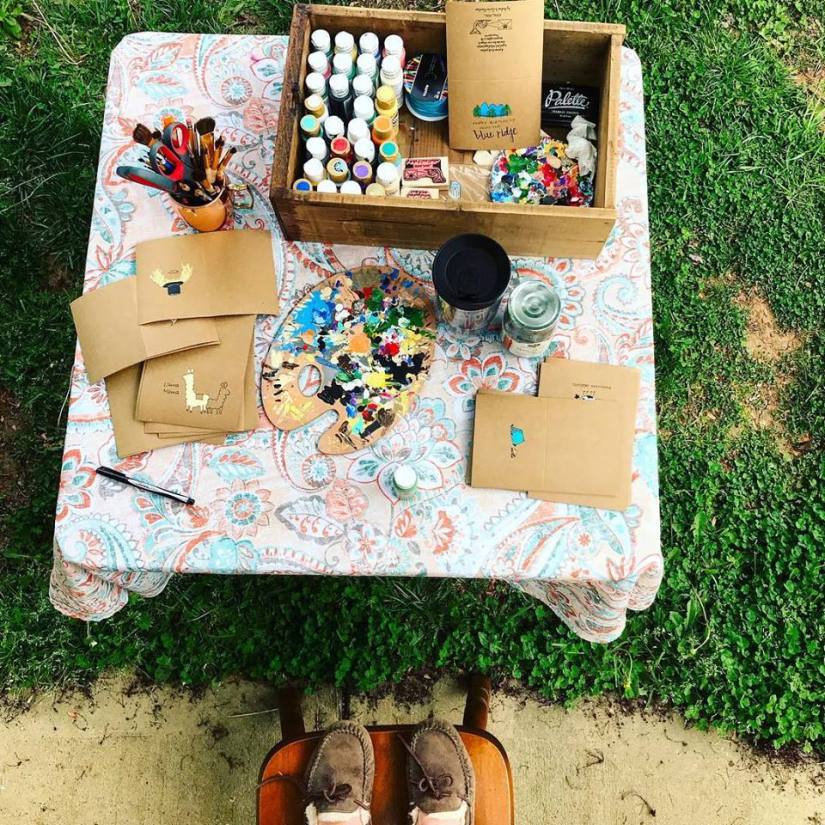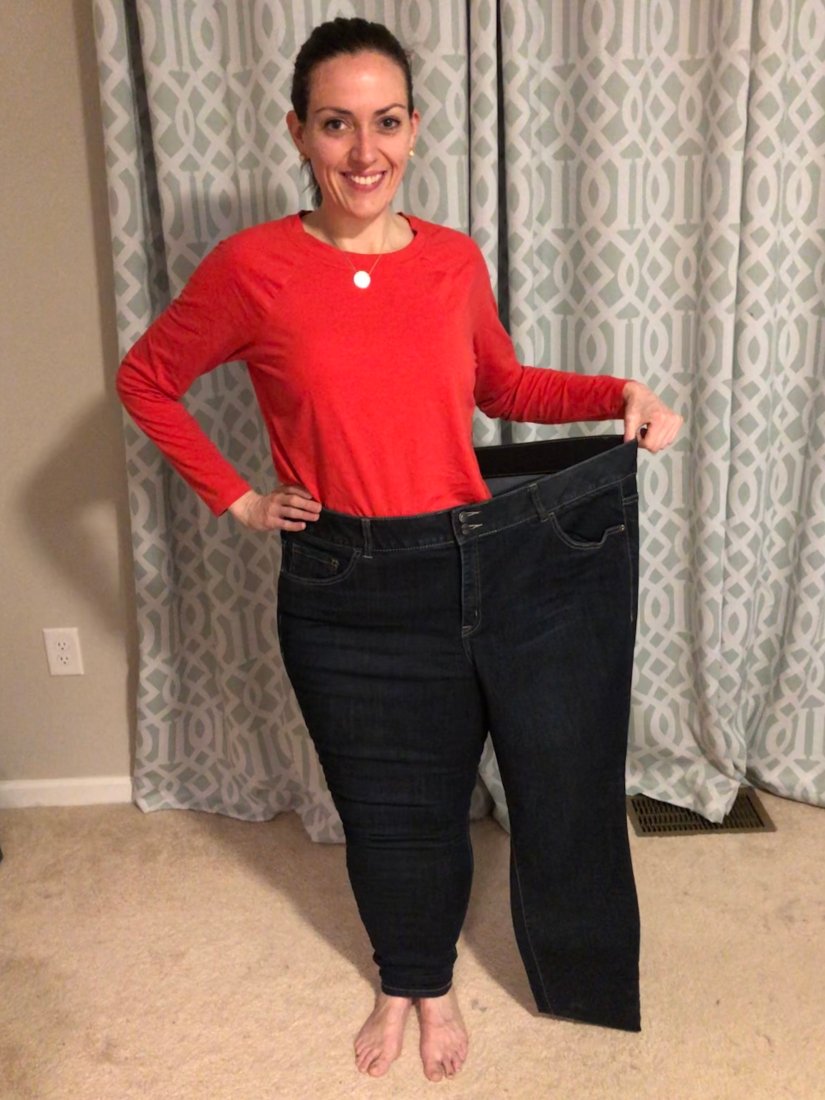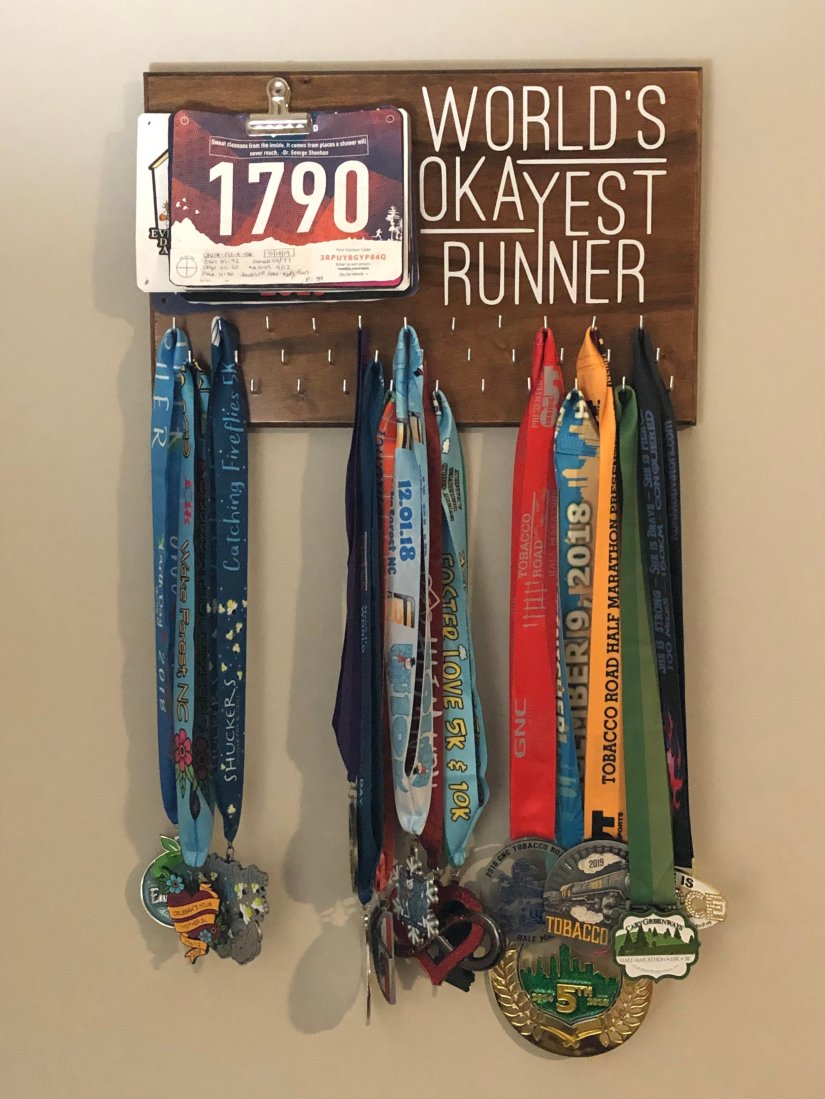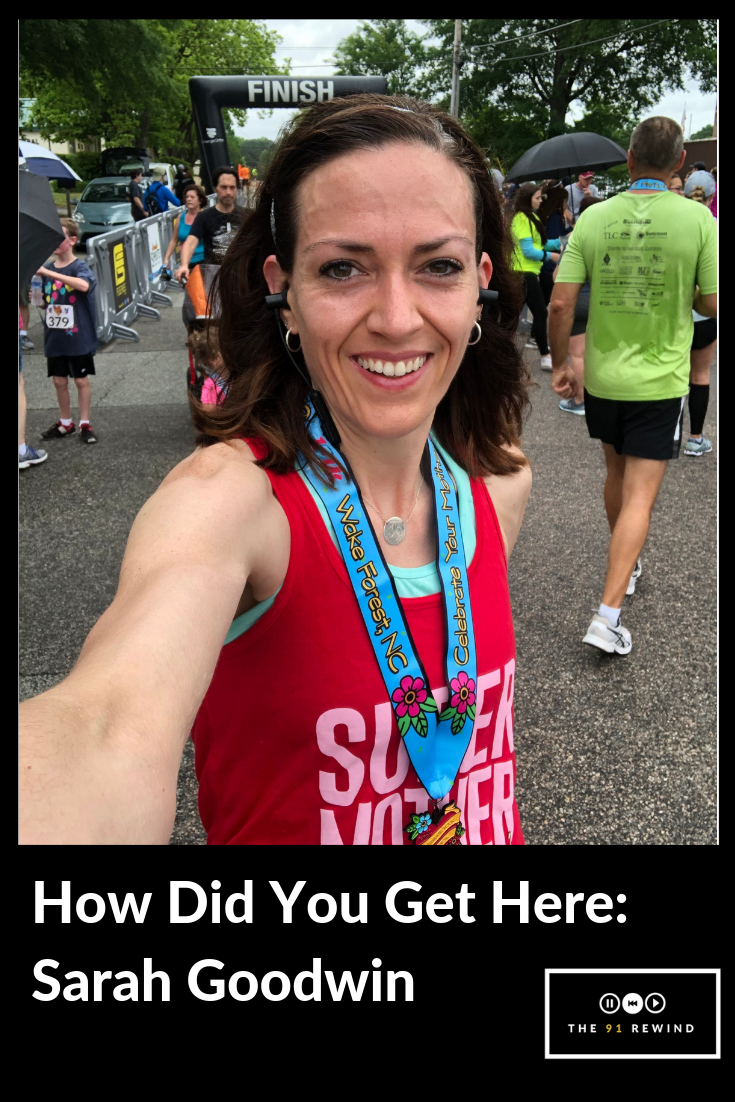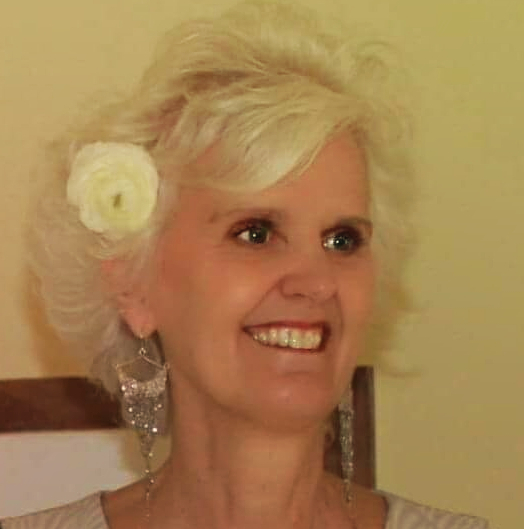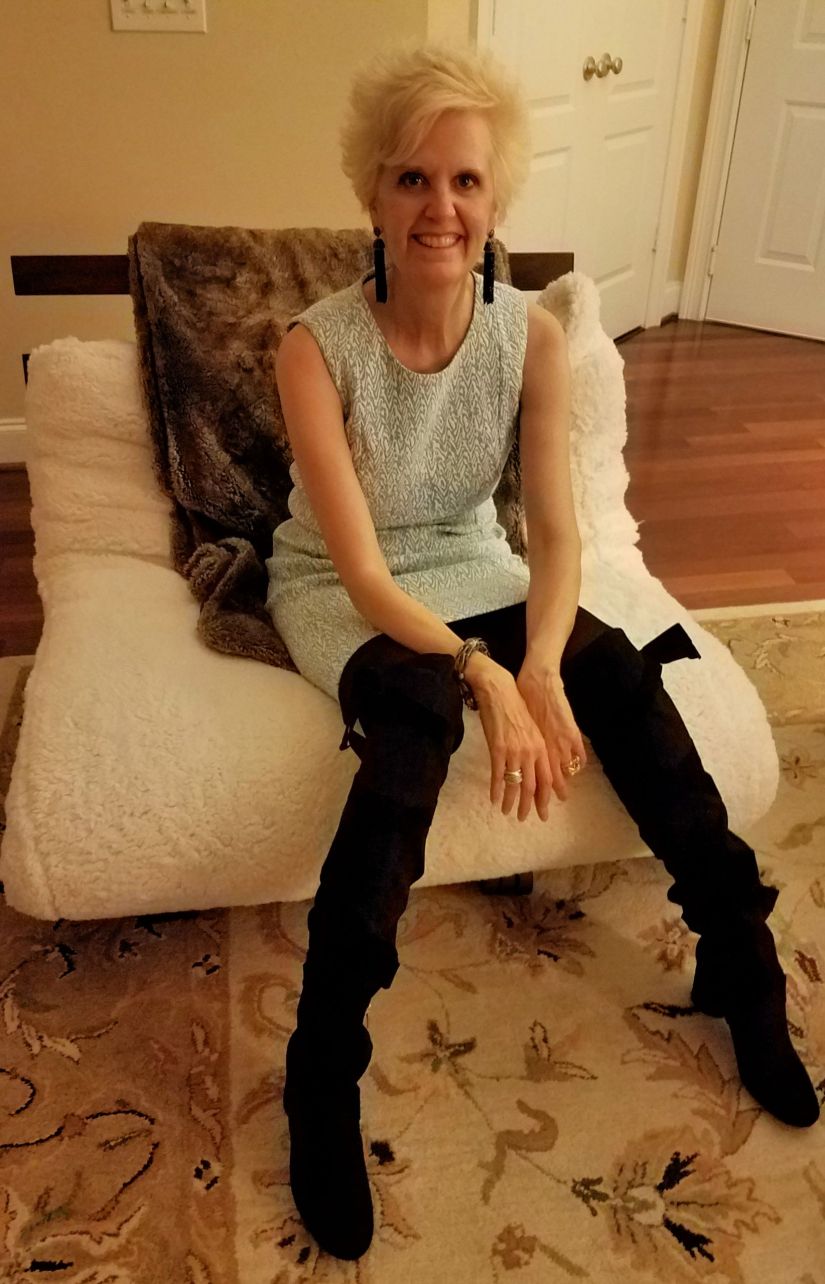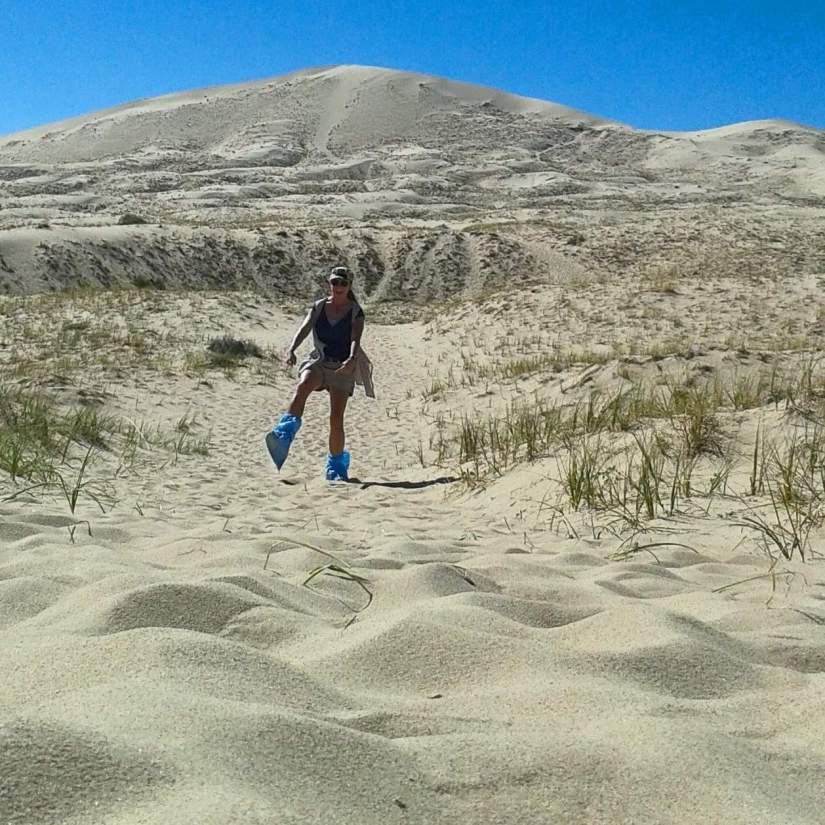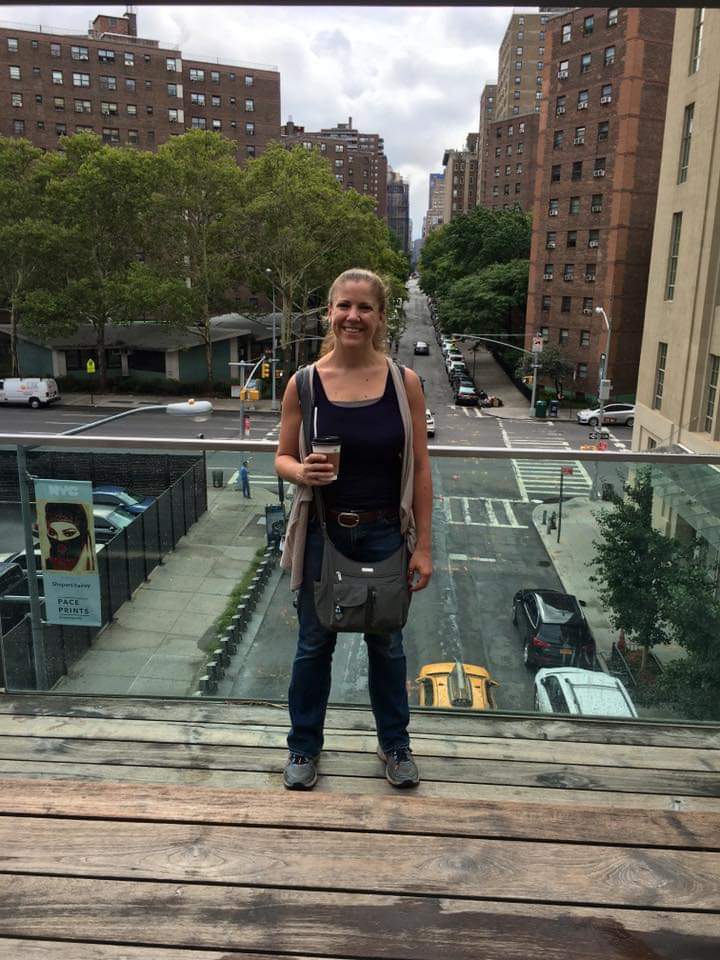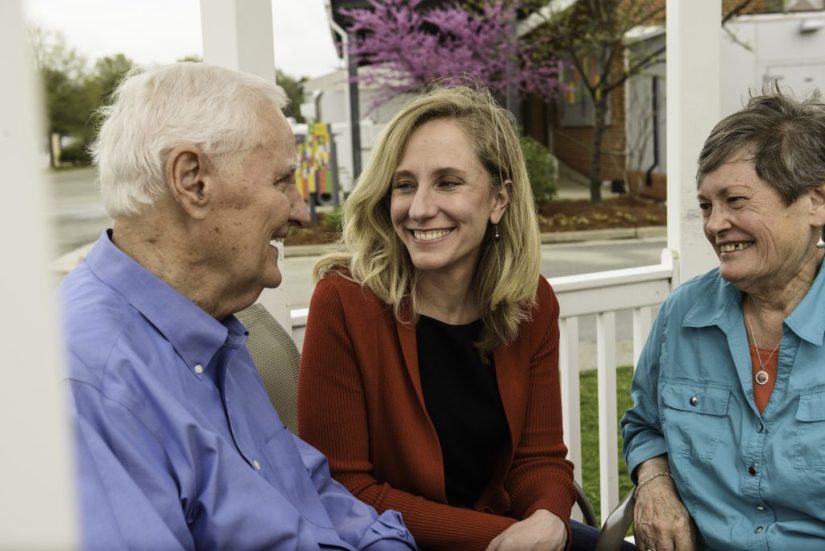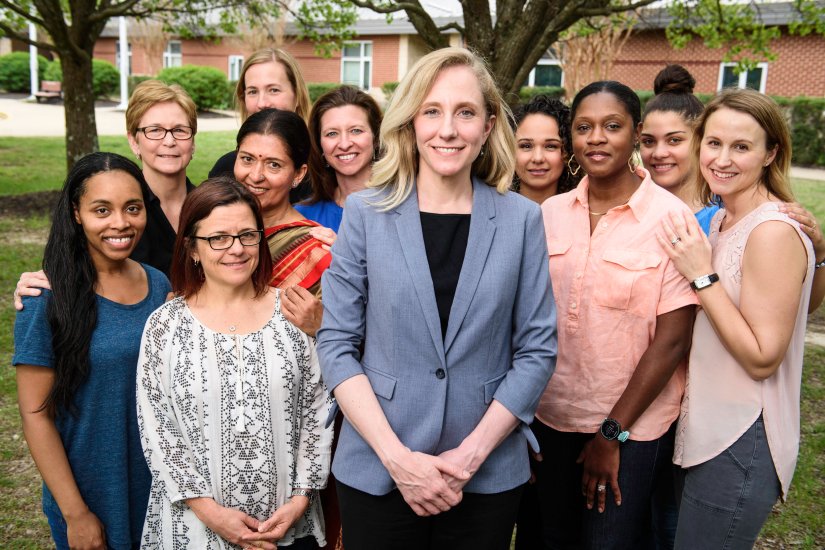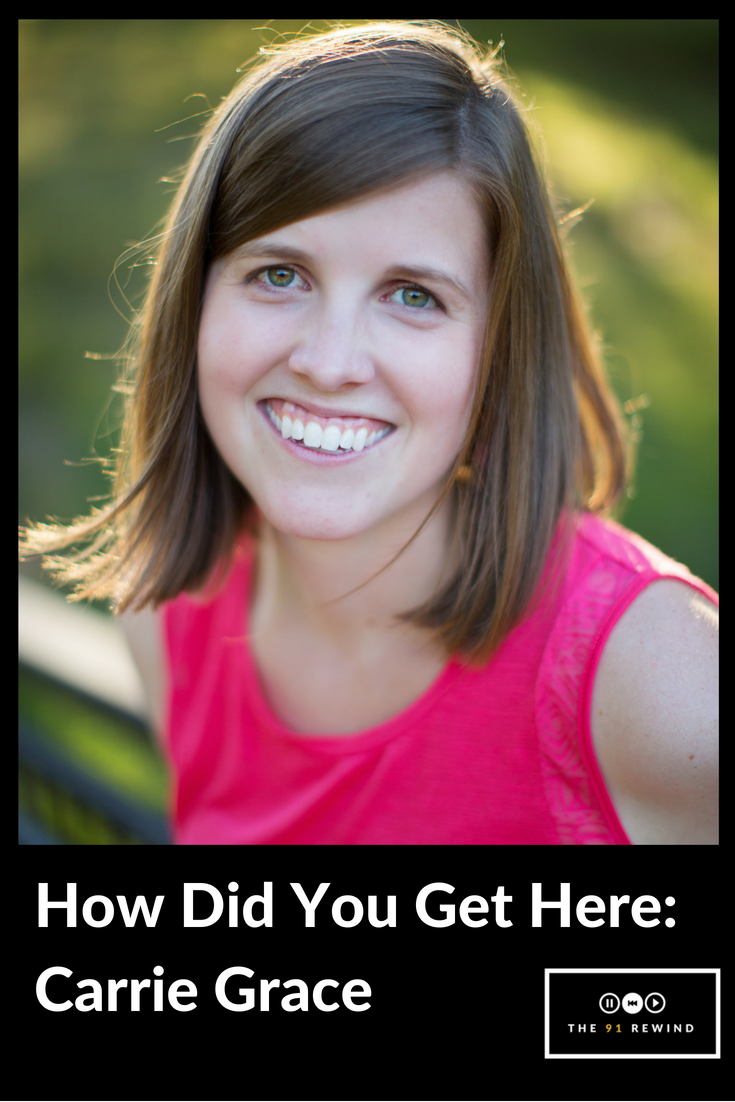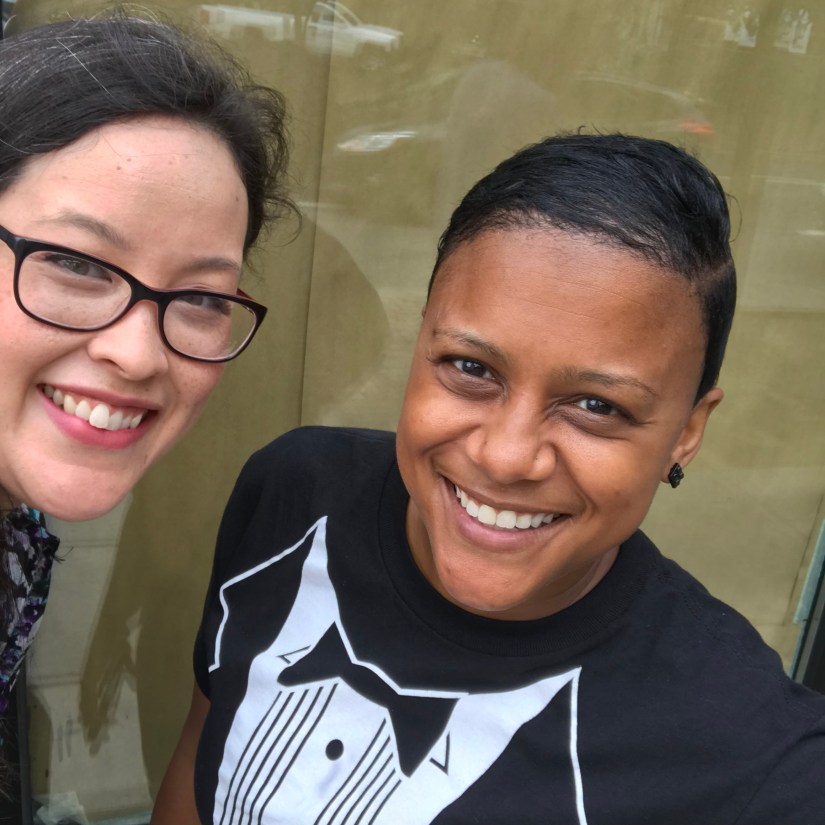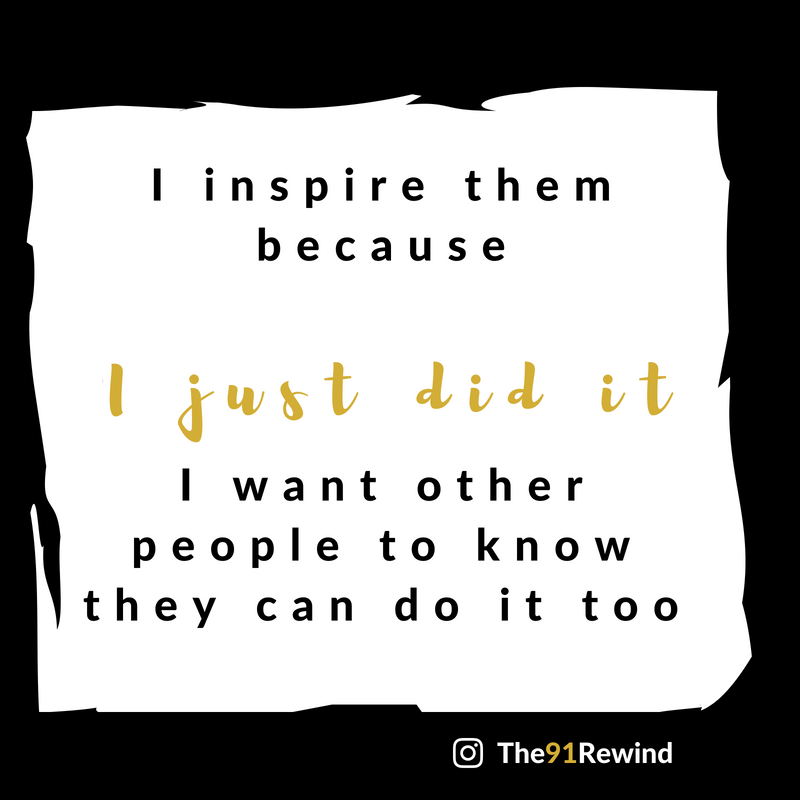We are super excited to introduce you to our next guest in the “how did you get here series.” Carrie Cheatham is the co-owner of Snail Mail, LLC in Richmond, Virginia. These cards have a special purpose and can be found in various local businesses. BUT rather than tell you about them, let’s let Carrie have the honors…
Tell us a little bit about you?
My name is Carrie and I create hand-painted greeting cards. When I say hand-painted, I mean every single one is painted by my hand, and I don’t have any originals. Between my husband (Andrew) and I, we have painted close to 11,000 cards in two years. The motivation behind what we do is that we give back a portion of the proceeds is given to local organizations that support our refugees and immigrant neighbors. We partner with five different organizations, all but one is located in Virginia. We work with two organizations that help our Latino neighbors, one is based in Fredericksburg and the other in Richmond. Then we work with an agency in Harrisonburg, Richmond, and LA.
How and why did you start your journey?
It started when I was in college. I was a sociology major at Randolph Macon College and had no idea what I wanted to do. During my senior year, I did an internship with ReEstablish Richmond and I worked under Kate Ayers who is now the executive director. I worked alongside her during my internship and fell in love. I had no idea there were so many resettled refugees in Richmond. They are such a special group of people. It taught me a lot about how privileged I am as an American, and just how easy I have it. If I can use what I have learned in my lifetime to say that you are welcome here, you are important, you had a life in Afghanistan, you had a life in the Congo, but now you’re here, and everything is so different. I want to be someone that they can trust and confide in.
After I interned, I volunteered for a while, but then I graduated from college. Suddenly I had to figure life out on my own. (FYI: Adulting is hard!) So I got a job as one does out of college, but in 2017, I knew I wanted to go back to working with refugees and being in community with them again. At the time, I was also getting frustrated with our political environment and how hateful and exclusive it was. I didn’t know at first what I could do or make. I couldn’t just make a product and sell it, because that’s not who we are. It has to have a purpose.
Then my husband had a suggestion. “You make everyone birthday cards and Christmas cards… Why not make greeting cards? Now we’re here. It went from frustration, to wanting to take these heavy emotions and transform them into something productive. It took a lot of soul searching and conversations, until my husband pushed me to just do it. Turns out people like greeting cards more than we thought.
What is the most rewarding thing about your venture?
It’s the support. When I first started I thought I was going to get a lot of kickback, because of where the money goes. The community of Richmond has rallied around us, and it feels good to know that this space is welcoming. It feels good to know that it’s not just me or my husband that feel like this. There are so many people in this community that love who we are, but love our mission. Reconnecting with ReEstablish Richmond through this, directly by volunteering again and being in connection with refugees. If we’re going to advocate for them, then we have to have conversations and be good neighbors ourselves. The community of Richmond, Orange (where I’m from), and Charlottesville, basically the central Virginia region has supported us, loved us, and believed in us. Coming from a small town to a city has been hard and intimidating, but through this, I have felt so loved. It drives me to do more, be more and to make more.
What was the most challenging part?
The cards themselves. It takes a lot of time. It takes a lot of creative energy. It also takes a lot from one hand. This one hand (Carried held up left hand) does a LOT of work.
Fortunately, my husband helps with the painting. I draw all of the designs in a sharpie pen and he can go through and fill in if he has an example. Here’s the funny thing… I do an okay job painting because I know that I can go back and touch it up. Andrew is not that way. He paints it all perfectly, so his cards are way more effective. They’re just ready to go for stamping.
By stamping, I mean actually stamping each card. They are all stamped twice with two different branded stamps. An additional unrealized challenge is that the cards require a lot of thought into creating the words to put on them. Inspiration can come at the most random times or not at all. Currently, I have cards with sunflowers on them and no words.
What have you learned?
So much! So so much!
Being a maker is not easy. Being a maker of a product is something very special. It’s your own baby, that you coddle, and love on. A prime example is when we launched our website… I called the woman who helped me make it when I hit publish and asked her, “should I be crying?” She told me, “YES, it’s like you’ve birthed a baby. You’ve been working on this for months.”
I’ve also learned that every single moment is special. I’m so thankful to be on this journey and grateful that it began by working with refugees. Now I have so many of their stories to tell and experiences to share with people. Learning to love the little things is something I didn’t notice until I started doing this. Now every little victory is really special.
What advice would you give someone else on this path?
Have a purpose. It makes it so much more meaningful to have something that you’re making it for. Not everyone needs to give money back, not everyone needs to advocate for somebody, but having some sort of underlying mission and why for what you do it really important. It makes it easier on those hard days when you can’t think of anything, don’t want to paint anything, or don’t want to make anything. When you think about why you’re here and what you’re doing, it’s easier with a purpose. So, know your why.
How has it changed you?
Drastically. It has drastically changed me.
I have always been an empathetic person, somebody who tries to put myself in other people’s shoes. I think of how everything ties together to push me in the direction of being where I’m supposed to be. Right out of college I got a “big kid” job and then I started making these cards on the side. Suddenly I realized something didn’t fit, and realized it was my job. I took a leap of faith, quit my full-time job with benefits. I started working super part-time somewhere else 15 hours a week, and spent the rest of my time these making cards.I know that I’m in a fortunate situation because I’m married and the second income is a huge help.
But having that moment when I was sitting in the office realizing that I wasn’t where I was supposed to be at my old job changed me. I realized that I am supposed to be with people and be a voice for people who don’t have a voice right now. It’s changed me in so many ways that I can’t pinpoint just yet. It’s like this puzzle that keeps on adding onto itself. I don’t know where this is going to be in five years, but I’m just trusting it. It’s been built so beautifully, and I’m grateful. The universe is doing something pretty great.
What has surprised you the most?
How many people want to sell our cards and buy our cards!
They’re super simple, and they’re blank inside. You have to write something inside them yourself!
Also, most of the stores our cards are in, the businesses reached out to us about selling them. Urban Farmhouse, for example, reached out to us, and we found out that they learned about us through a hashtag on Instagram. We didn’t even launch a website until this spring. We sold cards through Facebook and word of mouth at first. Our cards made it into their first store in the fall of 2017, and it was at this point that we created an Instagram account. It’s so surprising how much word of mouth and social media makes a difference.
Anything else you’d like to share?
It makes it a lot easier having someone who does this with you. My husband has a full-time job, and he still helps me all the time. I think that speaks wonders of the type of person he is. You see my face and hear from me all the time, but he works behind the scenes. He paints, he stamps, he packages, and gets cards where they need to go. He likes to say he’s the shipping and handling guy. The behind the scenes support is so important. He encourages me, he reminds me to take a break, and pushes me to keep going. Andrew doesn’t like having his picture taken, so you don’t see him, but he’s behind the scenes really making a difference. He deserves a lot of credit.
Thank you so much for taking the time to speak with us Carrie!
If you’re looking for a card to send for the next birthday, holiday, or a just-because occasion, we highly recommend checking out Snail Mail. We are big fans, and we hope you will be too! Also, don’t forget to give Snail Mail a follow on Instagram or a like on Facebook.
